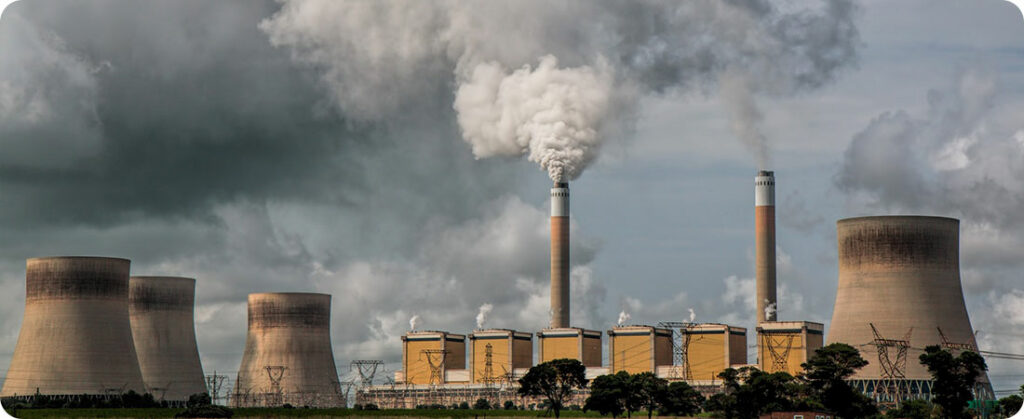
One of the top priorities on the environmental agenda is the shift from fossil fuels to more sustainable energy sources. Therefore, the United Nations Conference on Trade and Development, Unctad, launched this Tuesday the Investment Policy Monitor, calling on countries to adopt more balanced energy transition strategies.
Imbalance in energy transition policies
The report, says “UN News”, analyzed 798 renewable energy policies in 192 countries and intends to direct discussions on the topic during the 28th Climate Summit, COP28. The main finding is that developing countries face challenges in formulating and adopting specific transition strategies.
Although, globally, two-thirds of countries have enacted policies and laws specifically dedicated to renewable energy, only half of the least developed countries and one-third of small island developing States have moved in this direction.
Developing countries currently face an annual investment shortfall of US$ 2.2 billion for the energy transition and US$ 4 billion for the Sustainable Development Goals, SDGs.
Historic maximum of fossil fuel subsidies
The report shows that developed and emerging economies have integrated private investment promotion mechanisms into more than 70% of their renewable energy policies. But for the least developed and island states, the numbers are just 24% and 17%, respectively.
The report highlights the worsening of the global climate crisis. In 2022, fossil fuel subsidies reached US$ 1 billion, an all-time high. Estimates from the International Energy Agency reveal that this value significantly exceeds support for renewable energy.
The document highlights a worrying trend. This trend impacts the business incentive to invest in clean energy. Furthermore, it overloads government resources allocated to the energy transition.
Broader use of technologies
Unctad highlights the importance of policies to gradually deactivate fossil fuel infrastructure. However, thermal power plants that generate electricity will remain crucial to the energy security of many countries. This will be valid in the coming years.
The agency calls for broad adoption of technologies. These technologies aim to reduce the environmental impact of the energy matrix. Examples include carbon capture, use and storage, as well as low-carbon fuels.
The study reveals that in the case of clean energy technologies, efforts to develop comprehensive legal and regulatory frameworks have been largely limited to large developed and emerging economies.
Source: datagro










